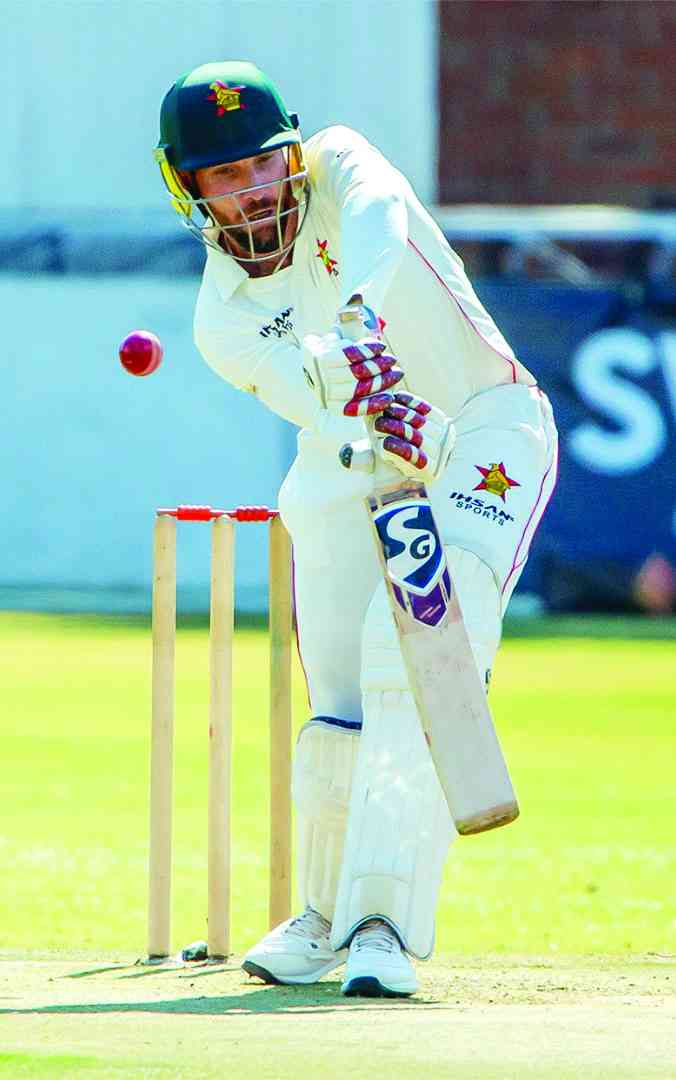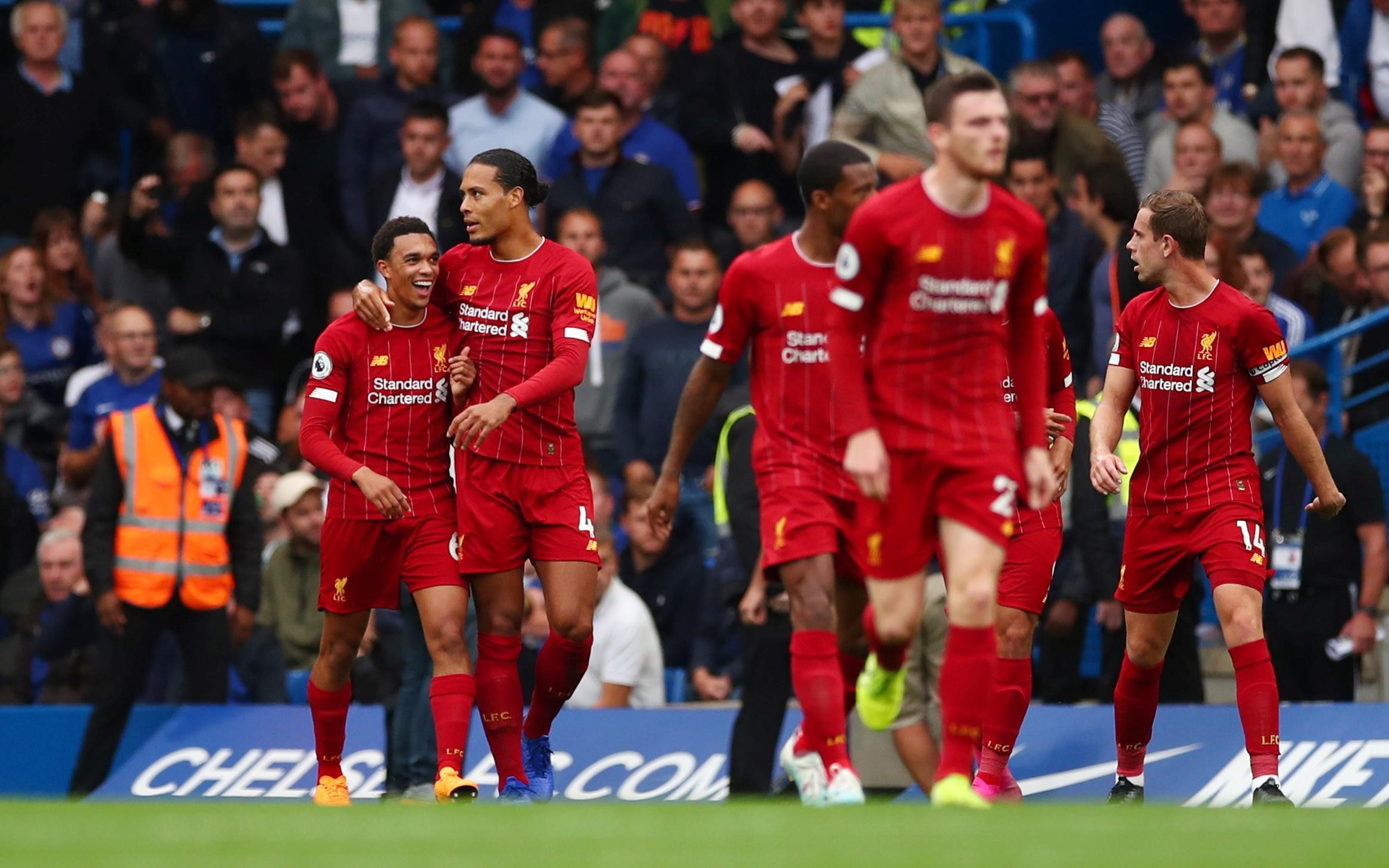
THE return of former Zimbabwe captain Brendan Taylor for the second Test against New Zealand was a cause for hope, but day one at Queens Sports Club served as a stark reminder of the monumental task facing the home side.
Despite a gritty top score from Taylor himself, Zimbabwe’s batting woes were once again exposed as they were skittled for a paltry 125, before a dominant New Zealand opening stand put the tourists in a commanding position.
Taylor’s comeback, his first Test since 2021 after a lengthy ban, was the main talking point heading into the match.
He showed glimpses of his old class, battling hard for his 44 and offering the only real resistance against a relentless New Zealand pace attack.
However, his dismissal, an ill-judged backfoot drive that gifted a simple catch to extra cover, was emblematic of the team’s struggles.
Having done all the hard work to weather the storm, he failed to convert his start into a substantial score, and the innings unravelled spectacularly after he fell.
Matt Henry was the chief destroyer for the Black Caps, claiming his second successive five-wicket haul of the series with figures of 5-40.
He was ably supported by debutant Zakary Foulkes, who was equally impressive in his first Test, snagging 4-38.
- Brendan Taylor finds comfort in charity work
- Brendan Taylor finds comfort in charity work
- ZC hits out at ‘deceitful, greedy’ Taylor
- ZC hits out at ‘deceitful, greedy’ Taylor
Keep Reading
The New Zealand pacers bowled with discipline and purpose, exploiting the early movement on offer and never allowing the Zimbabwean batsmen to settle.
The hosts’ decision to bat first on a surface with some early zip proved to be a costly miscalculation.
The tail wagged briefly, with Tafadzwa Tsiga’s composed 33 providing some late resistance alongside Tanaka Chivanga in a 25-run last-wicket stand.
But the damage was already done.
Zimbabwe’s inability to build meaningful partnerships was their undoing.
The highest partnership was just 29, a damning statistic that underscores the team’s deep-seated batting problems.
After the match, Taylor reflected on the performance, emphasising the need for his teammates to trust their preparation and be more patient and disciplined.
“So, what I’ve witnessed in the last very short period of time, is they’re willing to learn, they’re willing to train hard and they do have the skills,” he said.
“It’s just basically giving them that backing and the belief that when it gets tough, it will get tough, but just hang in there and move along.”
On his experience following the return, Taylor said: “I knew it was going to be tough, but just to be out there when I thought, three or four years ago, this would never happen. (It) was special.
“It was a day of real appreciation, soaking it all in, being with my friends and representing my country, it was a very surreal moment.”
He added: “I am a man of God and I stay very close to Him and He gives me strength to overcome the worst of the worst.
“He has given me another opportunity to play for Zimbabwe and I am incredibly thankful. I don’t know how, but it’s happening. I was very focused, staying at the present and at the same time taking it one ball at a time and not looking too far ahead.
“I was just trusting my preparation, I have done a year of extremely intensive work and I learnt a lot today about myself.”
In response, New Zealand’s openers Devon Conway and Will Young made batting look effortless.
They capitalised on the lack of penetration from the Zimbabwean bowlers, putting on a formidable 162-run stand before Young fell just before stumps.
Their fluid strokeplay and disciplined approach highlighted the gulf in class between the two sides.
At the close of play, New Zealand were 174 for 1, already holding a 49-run lead and firmly in the driver’s seat.










